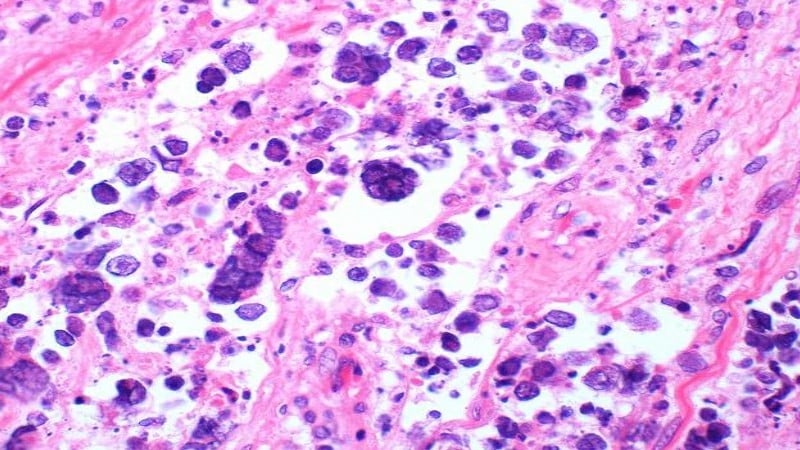Herpes – those annoying blisters that show up on various parts of the body and the most inconvenient times. They also freak people out (nightmares of genitals warts and such).
But I’m here to tell you, while it’s still good to avoid getting them, it’s not the end of the world if you do contract it.
WHAT IS HERPES?
Herpes comes in two virus strains = herpes simplex virus type 1 (HSV-1 = oral) and type 2 (HSV-2 = genital). However, some sources say that either can affect any area and is simply called oral/genital herpes depending on where they appear on the body.
They cause little sores or blisters to appear on your anus, vulva, vagina, cervix, penis, scrotum, buttocks, inner thighs, lips, mouth, throat, and sometimes eyes. They can be sore, itchy, and oozing.
HOW YOU GET IT?
It might be comforting (or not) to learn that herpes is really, REALLY common. More than 50% of people in the States have HSV-1, while HSV-2 occurs lower at around 15%.
Both are spread through skin-to-skin contact (kissing, touching, sharing sex toys, oral sex, intercourse) with an infected area. Some papers also state that you can get it even if someone isn’t showing symptoms. AKA, it’s as common as a cold and just a big of a pain in the ass.
SIDE NOTE – If a woman has genital herpes during childbirth, the doctor will often recommend a C-section to avoid passing it to the infant. Because while it’s harmless to adults and children, it can be very dangerous for babies.
SYMPTOMS & TRIGGERS
Here’s the rub, some people might go through their entire lives with the virus but never know – it just won’t present. Other times, someone might have only one outbreak. Then there are the unfortunate people that get them often (although as time passes the outbreaks occur less often).
Patients might also confuse a pimple or ingrown hairs for herpes.
Common symptoms include:
- Blisters or ulcers in prone areas
- Cold sores around the mouth
- High temperature
- Felling unwell in general
- Pain and itching
- Chills
- Headaches
- Pain when urinating
- Red blisters on the skin
- Tender, enlarged lymph nodes
- Vaginal discharge
Common triggers include:
- Being out in the sun too long
- Light from sunbeds
- Getting your period
- Being stressed
- Being very tired
- Being ill or having a fever
- Surgery around the genital area
- Lowered immune system
- Wearing tight clothing
IMPORTANT – You can NOT get it from cutlery, cups, or sitting on toilet seats (the virus dies really quickly when it’s outside the body).
TREATMENTS & PRECAUTIONS
There’s no cure for Herpes. All you can do is manage the symptoms and do you best not to spread it to your eyes (which can be bad) and especially to other people for the days or weeks you’re dealing with it.
If you have sores present, keep fabrics, toothbrushes, etc. (anything that comes in contact with the infected area) away from other people and disinfect them well.
- Don’t touch the sores unless you’re putting on creams (you could spread it to other parts of your body)
- Wash your hands
- Don’t touch your eyes
- Don’t kiss people if you have an outbreak
- Don’t have sex when you have an outbreak
- Don’t use perfumed soaps or douches
- Use condoms and dental dams during oral sex
- Wear cotton underwear
When it comes to being more comfortable until it passes, you can:
- Wear loose fitting clothing
- Take warm baths
- Take anti-viral meds from a doctor
- Use doctor-prescribed cream for the pain
- Use a cold pack (wrapped in a cloth, don’t put ice on directly)
- Try salt water to wash the sores and keep them from getting infected
- Run water along your genitals while you pee, this will help dilute the urine and make it sting less.
It’s common for people to feel ashamed and embarrassed when they find out they have Herpes or suffer an outbreak – but you don’t have to be! Remember that SO many people have it. Do your best to take precautions, treat it properly, and know that it will go away in a couple weeks.
Also, if you want more health-related articles, you might want to check out these…
- What is Hepatitis – Learn About the A to E of Liver Inflammation
- Oral Sex STDs 101 – Things to Know Before Opening Your Mouth
- STD Test Kits – The Positives and Negatives From Testing at Home
Anything you want to add? Share in the comments.


